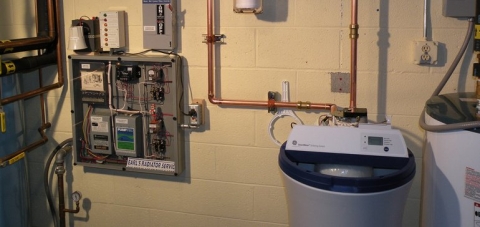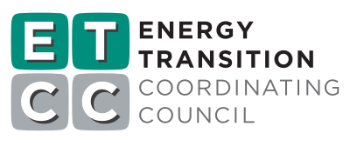
One can be forgiven for thinking that the cheapest and best energy storage options are lithium-ion batteries. After a year of record-setting growth and numerous high-profile battery installations in California and across the country, batteries seem to be everywhere in the media. And while Li-Ion batteries certainly hold immense promise and these new developments are indeed exciting, thermal storage continues to quietly gain market traction and provide many of the same energy storage benefits at a fraction the cost. In just the last few weeks, a number of interesting articles, studies, and projects have been getting attention, including:
A recent article in Utility Dive outlines the benefits of bundling residential water heaters into massive virtual batteries that can provide grid and customer benefits, including the potential for more renewables integration and greater stability during times of grid stress. The article also outlines the efforts of several leading utilities on this front. All these benefits come at a fraction the cost of batteries by utilizing something that millions of consumers have in their basements: electric water heaters. More info on these project is available here.
Meanwhile, on Nantucket Island, grid operators were mulling alternatives to building a $100 million undersea transmission line. They decided to approach Ice Energy about a residential product that has been featured on in ETCC news in the past: a residential air conditioning systems that freezes liquid overnight when grid demands are low and uses that frozen block of ice to provide very low-power cooling mid-day. More details on that project can also be found in Utility Dive, here.
These are just two examples of thermal storage emerging as a viable, affordable means of energy storage that is ready to go today, as Li-Ion and other batteries continue to mature.
